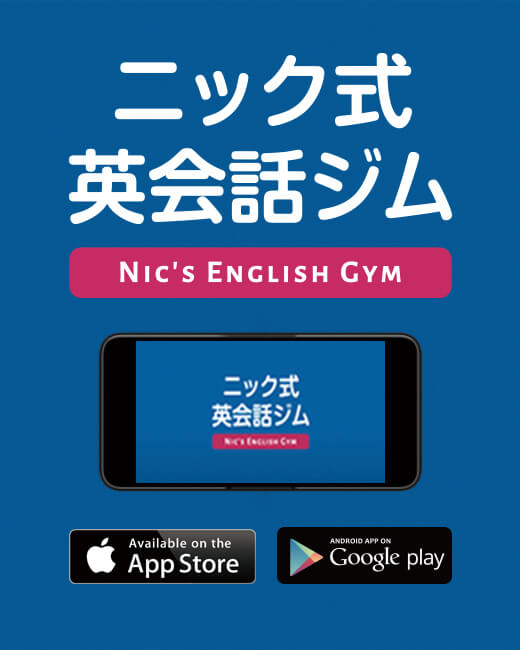息子さんの東大合格おめでとうございます!
Congratulations on your son getting into Todai!
今回は英語の「おめでとうございます」「Congratulations」の応用をマスターしちゃいましょう!
❶ まず、よく聞く間違いは「Congratulation」ですが、
必ず「Congratulations」と複数形で言います。
❷ 応用は「on ~」を使います。
「on」には「名詞」又は動名詞(動詞ing)が続きます。
たとえば
Congratulations on your promotion.
(昇格おめでとうございます)
Congratulations on your new baby.
(ご出産おめでとうございます)
Congratulations on getting promoted.
(昇格おめでとうございます)
Congratulations on getting married.
(結婚おめでとう!)
❸ 動名詞の中に「人」などを入れて、第三者のことを言うこともできます。
動詞の左側に入れれば「その人が」と主語の働きをします。
たとえば
Congratulations on your wife getting promoted.
(奥さんの昇格おめでとうございます)
Congratulations on your son getting into Todai!
(息子さんの東大合格おめでとうございます)
Congratulations on your daughter entering elementary school.
(娘さんの小学校入学おめでとうございます)
人じゃなくても大丈夫です:
Congratulations on your company getting that huge contract.
(会社のその大きな取引おめでとうございます)
Congratulations on Japan winning the WBC!
(日本のWBCの優勝おめでとうございます)
❹ 「学校に受かる」は「get into」を使います。
「テストに受かる」は「pass」と有名な話ですが、
「学校に受かる」は「pass」ではなくて「get into」と全く違う表現をします。
たとえば
I passed the test.
(テストに受かった)
I got into Todai.
(東大に受かった)
* 「I passed Todai.」だと「東大のキャンパスの前を通った」という意味になります。









